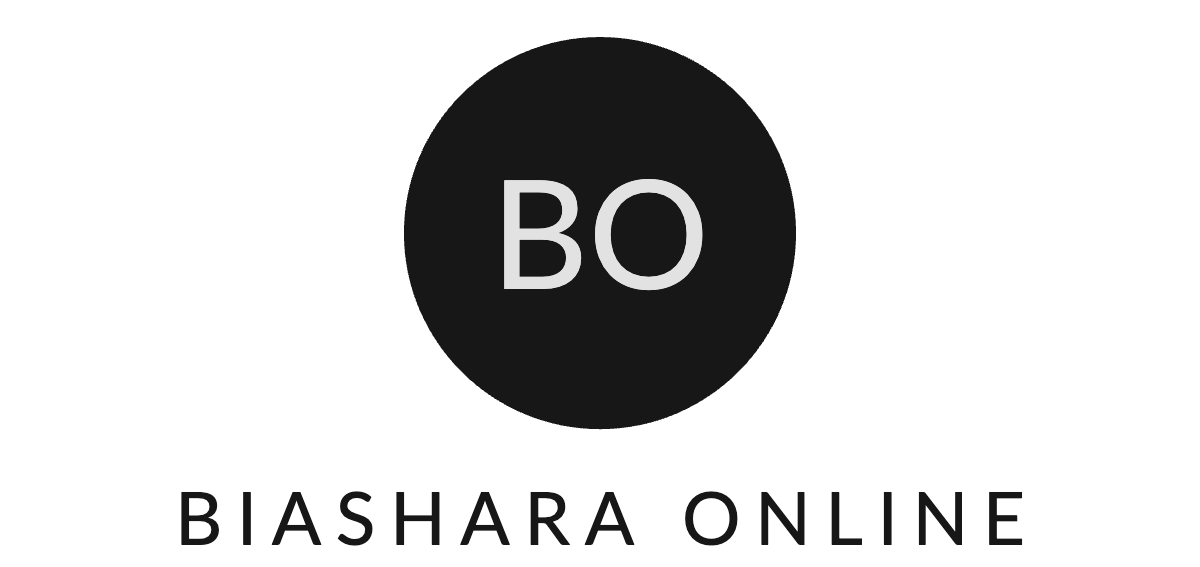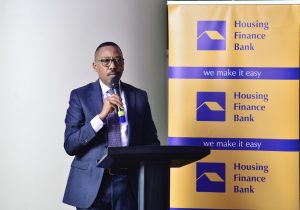Refugee Hosting Communities in Uganda set to receive High-Speed Internet Connections

High-Speed Internet Coming to Refugee Hosting Districts Under Uganda Digital Acceleration Project
The Uganda Digital Acceleration Project (UDAP-GOVNET) is set to connect refugee hosting districts across the country to high-speed internet, aiming to promote digital inclusion in these 12 districts. Dr. Hatwib Mugasa, the Executive Director of the National Information Technology Authority (NITA-Uganda), revealed the plan, which includes deploying 80 mobile broadband masts, purchasing additional bandwidth, developing a telecentre for refugee hosting communities, establishing an e-waste management center, and expanding Wi-Fi hotspot sites.
The move is part of the government’s efforts to ensure that refugees and host communities have access to the internet, fostering connectivity and access to digital services. The International Development Association (IDA) of the World Bank has expressed satisfaction with the government’s refugee protection framework, providing support for the UDAP project.
To enhance e-services within the government, 53 district headquarters have already been connected to the national backbone infrastructure (NBI) through the last mile connectivity project, and 61 local government sites have been connected as well. However, some legislators expressed concerns about the performance and security of Uganda’s internet backbone system.
NITA-U’s Director for E-government, Collin Babirukamu, emphasized the need to reduce the unit cost of smartphones in the market to improve access to e-governance services. He highlighted their efforts to integrate different administrative systems into a single platform, enabling citizens to access government services such as passport applications and driving permits through their mobile devices.
While NITA-U reported a cyber threat awareness level of 87 percent, some lawmakers, like Hon. Joyce Bagala, expressed skepticism about this figure and questioned the actual security level. Richard Obita, the Director for Planning, Research, and Development at NITA-U, clarified that they commissioned an independent assessment to gauge awareness of cyber threats, and the results will be shared with stakeholders.
The UDAP-GOVNET project aims to bridge the digital divide and enhance internet access for both refugees and host communities, facilitating their integration into the digital world and improving their overall quality of life.







